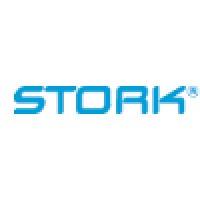
Schindler Group
The Schindler Group is a leading manufacturer and provider of related services for elevators, escalators, and moving walkways. Founded in 1874 in Switzerland, our company is at the forefront of industry innovation, working on pushing the boundaries of technological engineering, while having a strong focus on safety, comfort, efficiency and reliability. Moving more than two billion people each day, our products can be found in many well-known buildings throughout the globe, including office and residential buildings, airports, shopping centers/retail establishments and specialty buildings. We’re a leading employer in the industry, with over 69’000 engaged employees enabling mobility within the urban world. We have a network of over 1000 branch offices in over 100 countries, as well as production sites and research and development facilities in the US, Brazil, Europe, China and India. At Schindler, our mission is to keep the world moving. We Elevate… Our World






